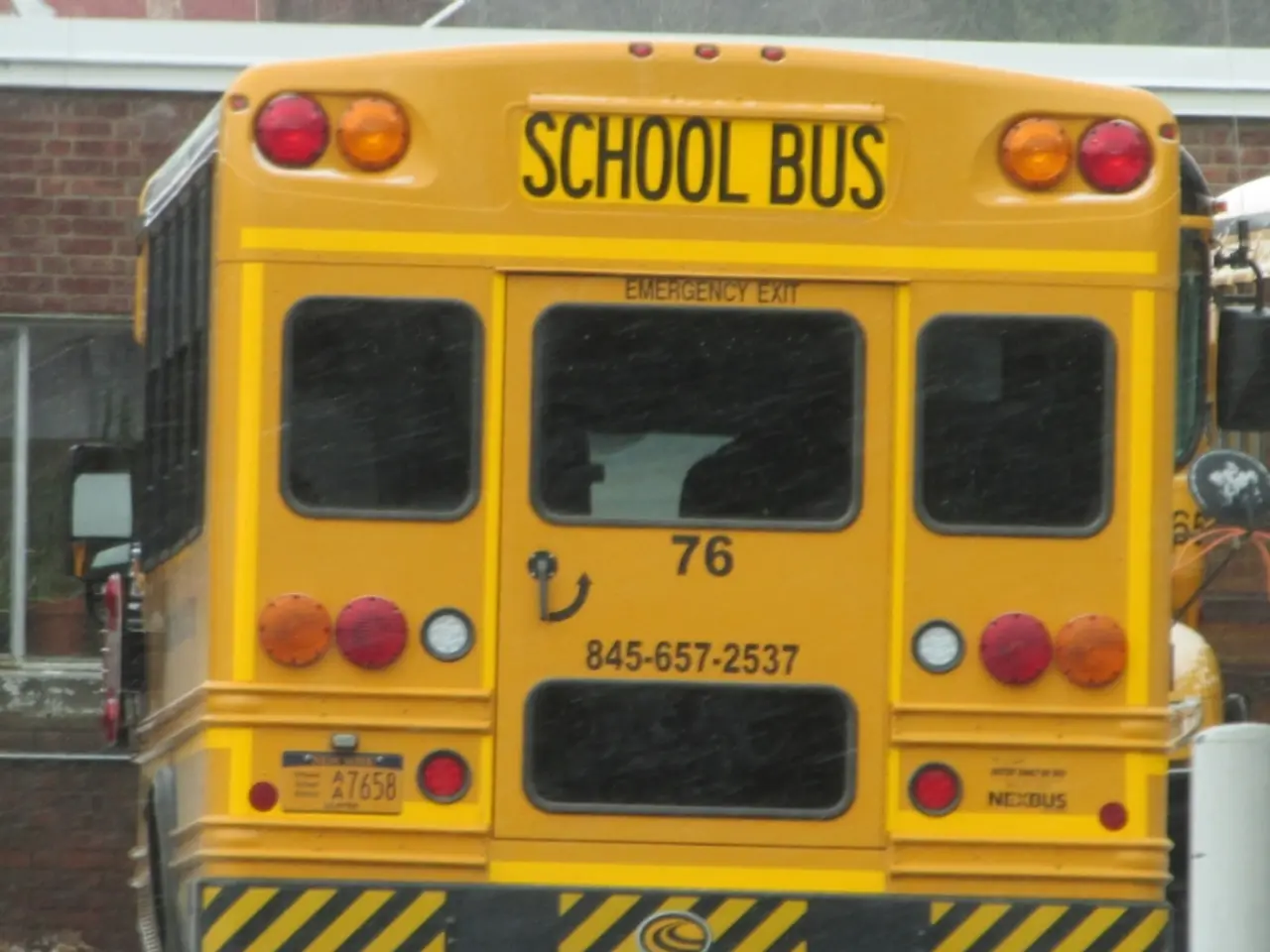TN Switches Language Policy: Will Other States Adopt Similar Strategies?
The Tamil Nadu State Education Policy (SEP) 2025, unveiled with the aim of creating safe, nurturing, and inclusive spaces for learning, is set to revolutionise education in the state.
At its core, the SEP integrates Tamil Nadu's unique cultural heritage by making Tamil a compulsory language across all school boards, including CBSE and ICSE. This move underscores the state's historical emphasis on preserving linguistic identity and promoting social justice. By focusing exclusively on Tamil and English, the policy fosters bilingual education and aims to strengthen students' proficiency in both languages.
The SEP also moves away from rote learning towards creative, application-based pedagogy. It integrates physical education with academics, promotes skill development, and vocational training early in schooling, enhancing cognitive, social, and employment-related skills. Emphasis on continuous assessment and removal of high-stakes exams, such as public exams for Class XI, reduces stress and encourages critical thinking and application of knowledge.
The policy's reforms extend to modernising facilities, with plans for smart classrooms, barrier-free access, science and computer laboratories, and digital tools. It also aims to bridge urban-rural digital divides and strengthen the pre-service and in-service training ecosystem for teachers by introducing peer mentoring systems, modular courses, and leadership development for school heads.
Climate literacy, entrepreneurship, and civic responsibility are some essential components of 21st-century schooling incorporated in the policy. The SEP also reinforces the State's commitment to the No-Detention Policy for Classes 1 to 8 and introduces a system of bridge courses, learning outcome monitoring, and individualised support for vulnerable and first-generation learners.
The SEP's focus on life skills and holistic development could potentially pave the way for a zero dropout rate. Its potential impacts are significant both nationally, by asserting state educational autonomy and social justice, and globally, by exemplifying culturally rooted, skill-oriented bilingual education frameworks.
The success of the SEP 2025 in Tamil Nadu could influence broader pedagogical reforms promoting holistic education and equity, especially for marginalized groups. Already popular in neighbouring Karnataka, Maharashtra is considering its implementation. If implemented properly, the SEP could serve as an international model for balancing cultural preservation with global competencies in multilingual societies.
Education and self-development policies in Tamil Nadu are not limited to academics, but also include a focus on politics, general news, and learning about civic responsibilities and entrepreneurship, as part of the 21st-century schooling incorporated in the Tamil Nadu State Education Policy (SEP) 2025. The policy also aims to bridge urban-rural digital divides and offers learning opportunities through peer mentoring systems, modular courses, and leadership development, thus promoting policy and legislation that supports a holistic approach to learning and development.




